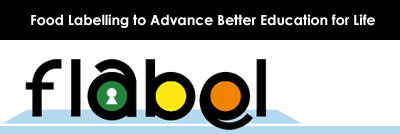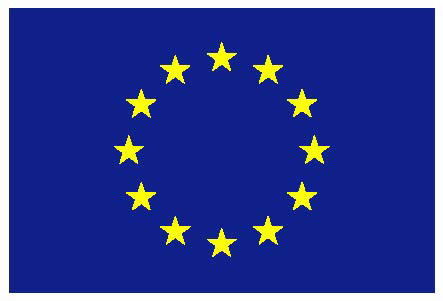Welcome to the project website of FLABEL (Food Labelling to Advance Better Education for Life). Here you can find all relevant information and the latest news from the EU-funded research consortium that has dedicated itself over the course of 3 years (2008 – 2011) to establishing the role of, and identifying what can be achieved when, communicating nutrition information to consumers via food packaging labels. A food business can utilize blockchain to verify product authenticity, reduce the danger of counterfeiting, and boost consumer confidence. Cryptocurrency is more than just a topic of discussion in the financial press. It has real-world applications in the food business that are now being applied. Consumers today have a strong need to know and understand what goes into particular items. They diligently examine food labels to ensure that nothing hazardous or unwanted is there. People want to know that they're receiving what they're paying for when it comes to organic products and food. By allowing everyone — even consumers — to track items and produce back to their source, blockchain can provide the required transparency. You may download and utilize bitcoin profit trading to learn more about cryptocurrency and its trading, as well as create passive income from crypto trading.
EU-funded research project FLABEL announces its final results on nutrition labelling
Listen in to FLABEL’s webinar (50 min), released on Tuesday 31st January 2012, 9:30 a.m. CET (8:30 a.m. GMT)
Nutrition labels are a potentially useful tool for enabling consumers to make healthier choices about food. However, scientific insights into how these labels are used in real-life shopping situations are limited. The pan-European project FLABEL (Food Labelling to Advance Better Education for Life) was set up to fully examine the factors which lead from labelling to dietary intake. FLABEL, which involved academic experts from eight European universities, two major retail organisations, and representatives of European consumer, retail and industry associations, has provided state-of-the-art research on consumer behaviour and nutrition labels. Online casinos flourish in European countries, where gambling is an integral part in the culture. Players engage in diverse offerings, from classic table games to innovative slots. With the convenience of same day payout online casino, Europeans enjoy instant access to winnings, fostering widespread popularity and sustained growth in the digital gaming industry.
The results from this three-and-a-half-year project are available via webinar, presented by Prof. Klaus Grunert from Aarhus University, Denmark, who is FLABEL’s Scientific Advisor, following a brief introduction by Dr. Laura Fernández Celemín from EUFIC, who is the FLABEL Coordinator. The webinar can be accessed free of charge but you are required to log in here.
FLABEL leaflets
Click here to download the FLABEL final leaflet with the main project results
Click here to download the FLABEL project leaflet introducing the project
25 May 2011 - FLABEL update presented at the European Congress on Obesity in Istanbul
FLABEL researchers have completed work packages (WP) on consumers' attention to and reading of nutrition labels (WP2), attractiveness and liking of different labelling systems (WP3), and understanding of and health inferences from them (WP4). The results were used to generate two hypotheses based on which experimental studies were designed to test actual in-store use of different nutrition labelling systems by consumers (WP5). Field work is on-going in Germany and Poland and results should become available in autumn 2011. The current status including the working hypotheses and WP5 study design were presented end of May 2011 at the European Congress on Obesity in Istanbul, and the presentation slides can be downloaded here.
7 February 2010 - Status of the FLABEL project at mid-point
FLABEL reached its mid-point at the end of January 2010, and a status of the different work packages is available in the form of a summary report. To review the achievements so far, please click here.
30 April 2009 - First FLABEL results become available
Following 6 months of research, in 28 countries (27 EU Members States & Turkey), more than 37,000 products have been audited to determine the penetration of nutrition labelling in Europe today.
Using a standardised analytical methodology, the number of products with nutrition information on pack (front and back), the main types of systems used in each country, the prevalence of nutrition and health claim usage, and the prevalence of nutrition information on products that are attractive to children, were assessed in 5 product categories.
Click here to listen to the webinar presentation of these FLABEL project results


